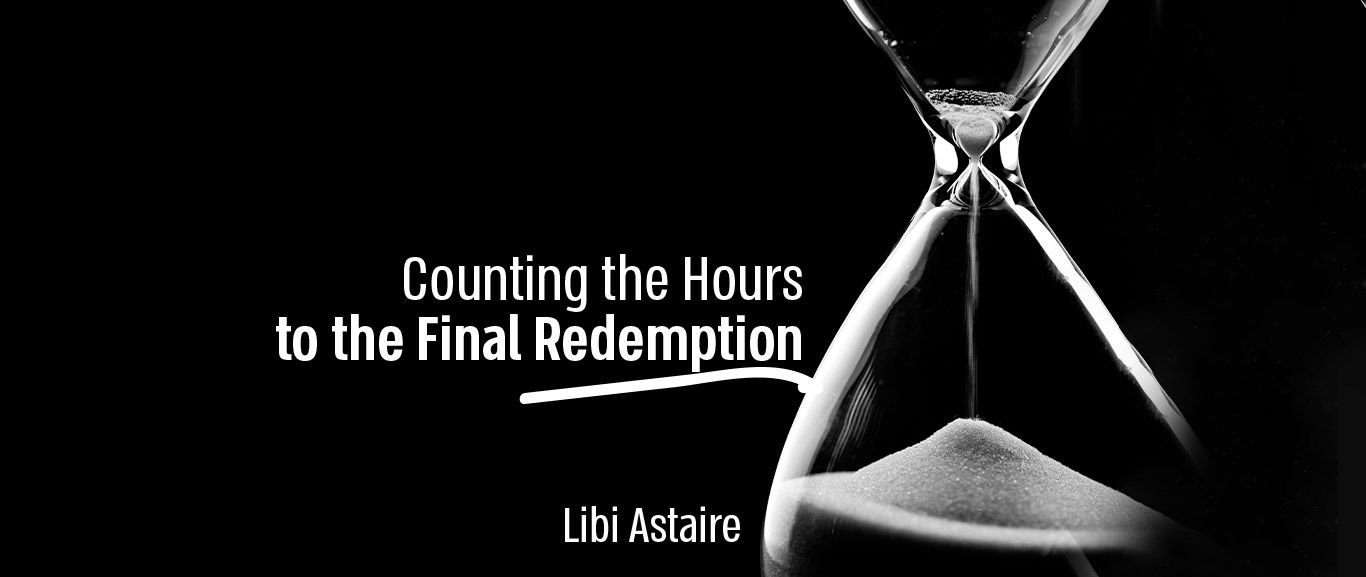
Counting the Hours to the Final Redemption
"This clock tells us that we are one hour closer to the coming of Mashiach and the Final Redemption," Reb Yissachar Dov continued. "When I heard this clock's...

We count the days of the Omer during the seven-week period in between Pesach and Shavuot. The following story is also about counting the days, and why we should count each day with joy.
Although the Chozeh (Seer) of Lublin, Rabbi Yaakov Yitzchak, left a vast spiritual legacy to his family and followers, when he passed away he had very few worldly possessions to bequeath. To his son, Reb Yosef of Torchin, the Chozeh left his Shabbat clothes, his belt and a clock that had always hung in his study. And with these few but cherished possessions packed away in his bag, the bereaved son left Lublin to return home.
Reb Yosef had rented a horse and open wagon and his journey should not have taken long. But when he had just reached the mid-point, the heavens opened wide and sent a torrential downpour of rain crashing down below. Not only was Reb Yosef quickly drenched to the bone, but within minutes the dirt road was transformed into a swirling river of mud.
Although the horse struggled to pull the wagon forward, the wheels remained firmly entrenched in the bog. To make matters worse, the day was nearing its end and what little light there was now was quickly fading. Yet even so, Reb Yosef did not despair.
“There must be somewhere that I can take shelter,” he reassured himself. And indeed, the moment he began to look, his efforts were rewarded.
In the distance, he could see a small village. He jumped down from his seat and began to push the wagon from behind. After an hour of this hard work, Reb Yosef finally arrived at a small house that lay on the outskirts of the village. The house belonged to a Jewish couple, and they agreed to allow Reb Yosef to stay with them.
The rain continued to pour down for three days and nights. When the skies had finally cleared and the road was once again safe to travel on, Reb Yosef made his preparations to leave.
“It’s been our pleasure to have you stay with us,” the villager said to Reb Yosef, “but as you can see, we are not wealthy people.”
Reb Yosef understood from these words that the villager expected to be paid for the lodgings he had provided. As he didn’t have a single coin in his pocket, Reb Yosef knew that he had no choice except to part with one of the treasured gifts he had received from his father.
“I have no money,” Reb Yosef replied, “but I do have a few sacred possessions that belonged to a great tzaddik. Perhaps you will accept one of them as payment.”
Reb Yosef carefully placed each object on the table for the villager and his wife to inspect.
“We can’t use the clothes,” the wife said, “and the belt is also of no use. I suppose we will have to accept the clock. We can at least use it to let us know when it is time to milk the cows.”
Now that the debt was settled, Reb Yosef was able to resume his journey. Many years passed and another chassid was now traveling down that same dirt road.
As the hour was late, Reb Yissachar Dov, the Sava Kaddisha (Holy Grandfather) of Radoshitz, knocked at the door of the Jewish couple and asked for lodgings for the night. The villager agreed, and led his guest to a small room. On the wall hung the clock that had once belonged to the Chozeh.
Reb Yissachar Dov was exhausted from his journey, but he found it impossible to sleep. Every time he tried to doze off, the ticking of the clock chased any thought of sleep away. Although normally this would be exasperating, for some reason Reb Yissachar Dov didn’t mind. In fact, as the clock ticked away, he could feel his heart becoming filled with joy. Soon he had jumped out of bed and was dancing happily about the room. He sang and danced throughout the entire night, and he stopped only when he could see that the day was breaking through the dark.
The villager had heard it all, and of course he was quite curious to know why his guest had not slept and why he was so happy. The tzaddik had his own question for his host.
“Where did you get this clock?” Reb Yissachar Dov asked.
“I received it many years ago,” the villager replied, “from some poor traveler who couldn’t pay for his room.”
The Sava Kaddisha smiled.
“I knew it,” the tzaddik said. “This is the clock that once belonged to my master, the Chozeh of Lublin. Its sound is different than any other clock in the world.”
As the villager was looking puzzled, Reb Yissachar Dov continued with his explanation.
“You see, most clocks remind their owners that they are one hour closer to death,” Reb Yissachar Dov began, “and so their ticking gives off a melancholy sound. But the clock of the Chozeh of Lublin is different.
“This clock tells us that we are one hour closer to the coming of Mashiach and the Final Redemption,” Reb Yissachar Dov continued. “When I heard this clock’s exultant ticking, I was so happy that I simply had to get up and dance.”
***
Libi Astaire is the author of Choose Light! Chassidic Tales for Chanukah, Rosh Hashanah, Sukkos, Passover & Shavuos; Breakfast with Rav Zusha and Other Stories to Wake Up Your Soul; and the award-winning Jewish Regency Mystery Series. Visit her website for more information about these and other books.


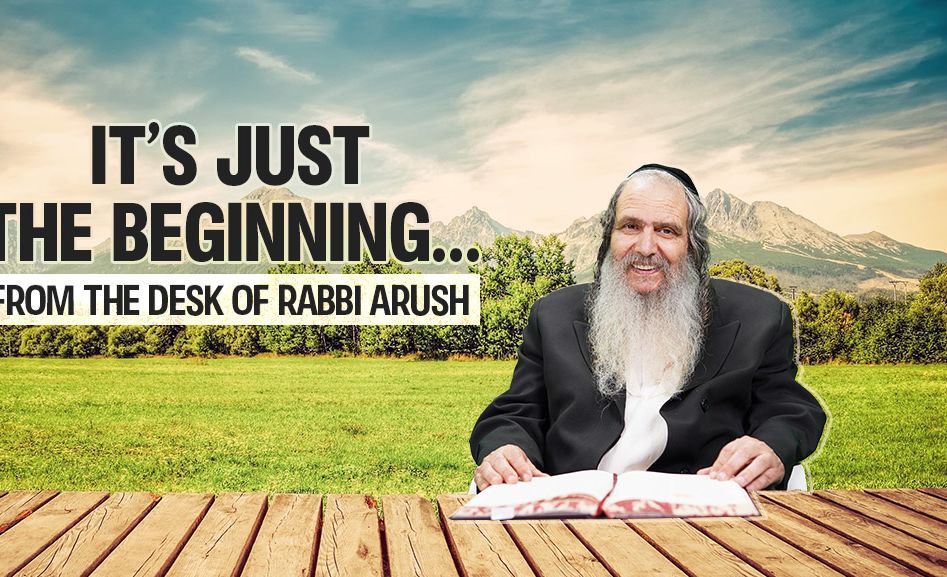
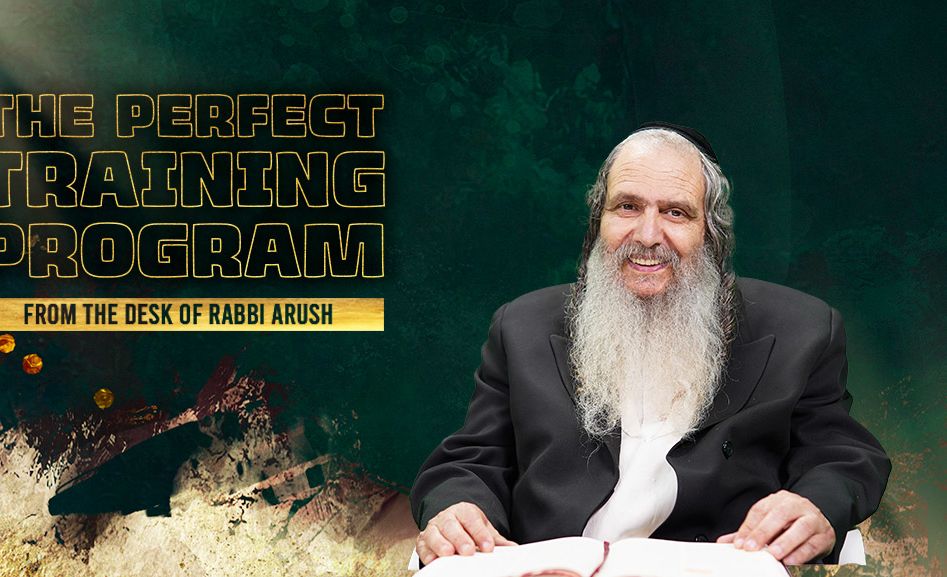
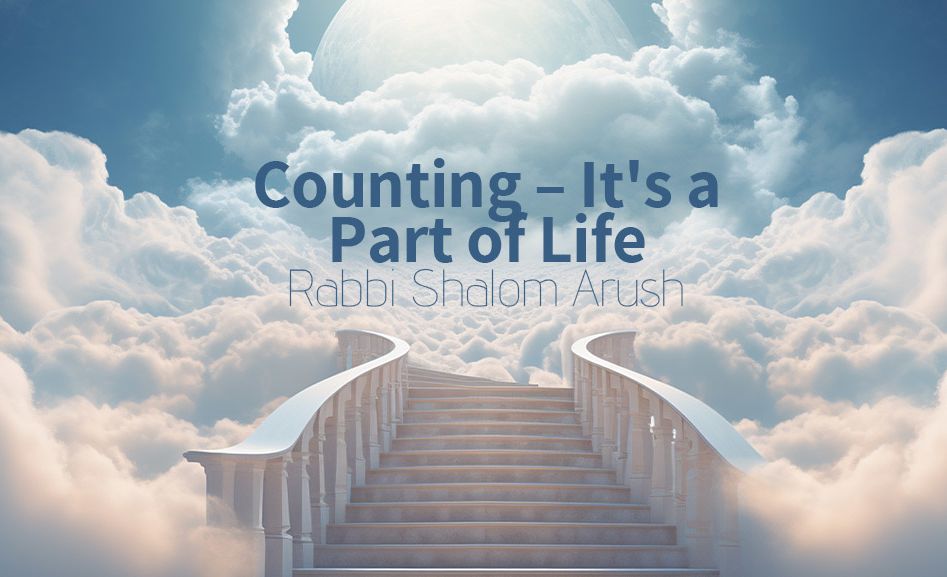
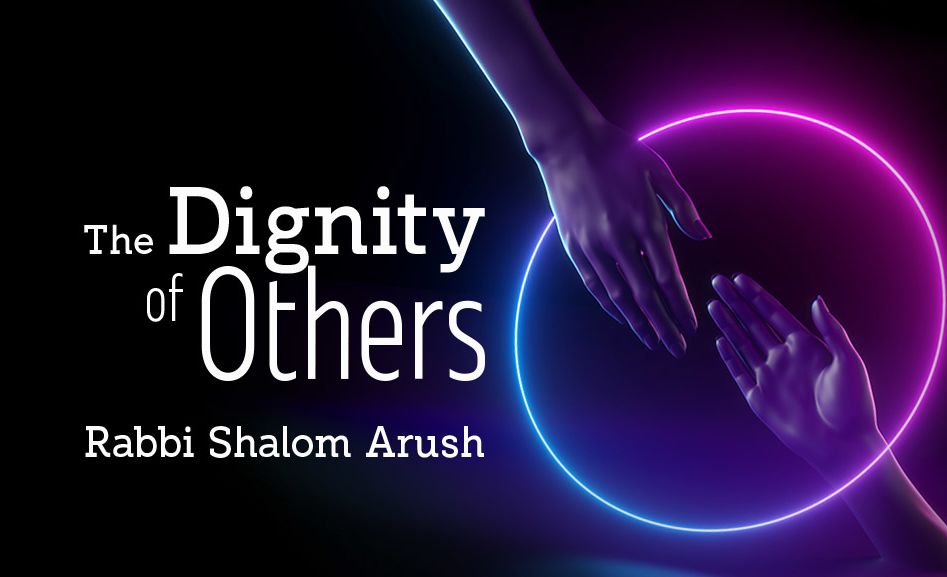
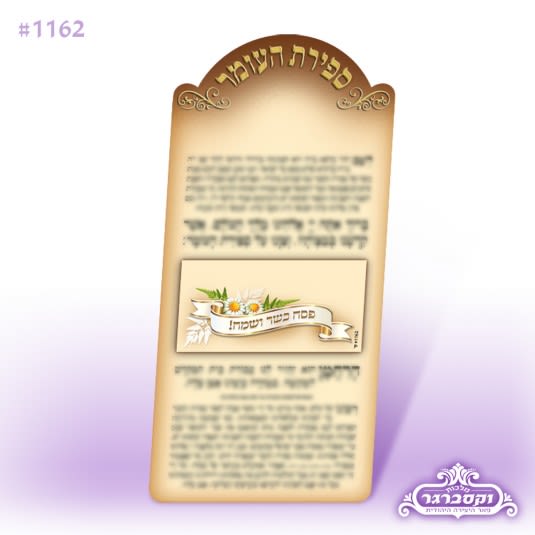
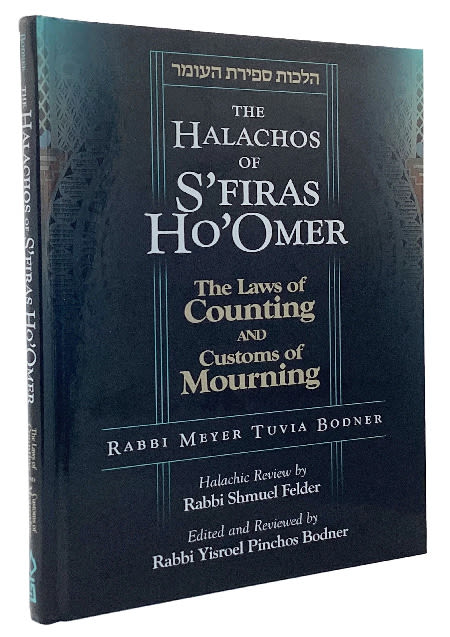
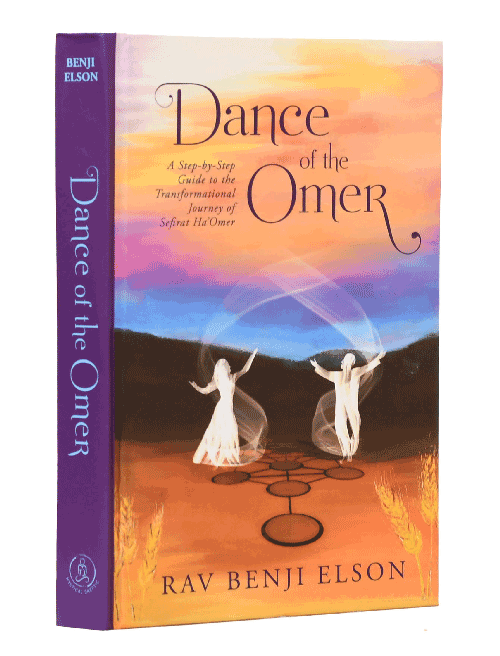
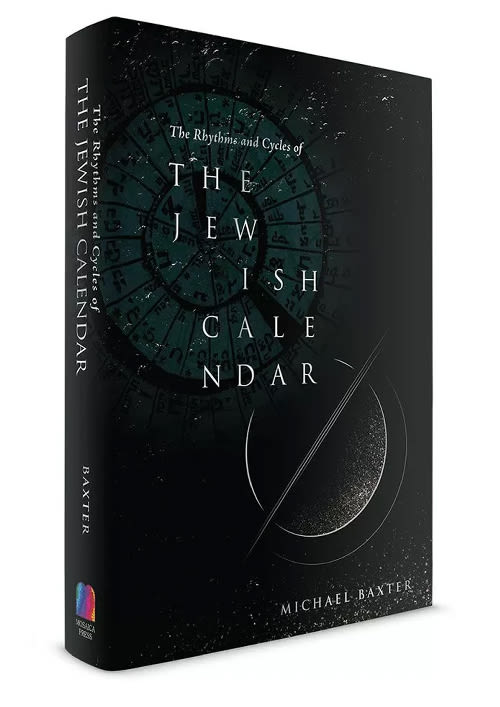
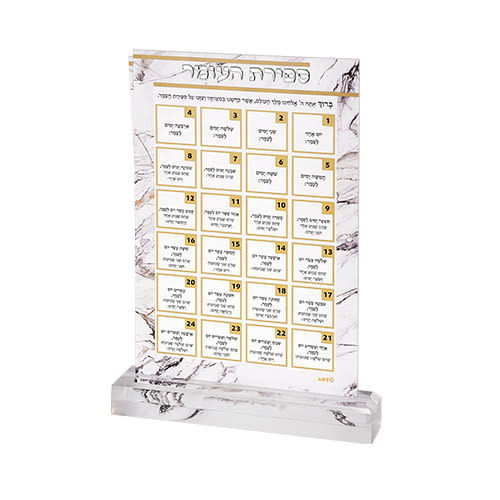
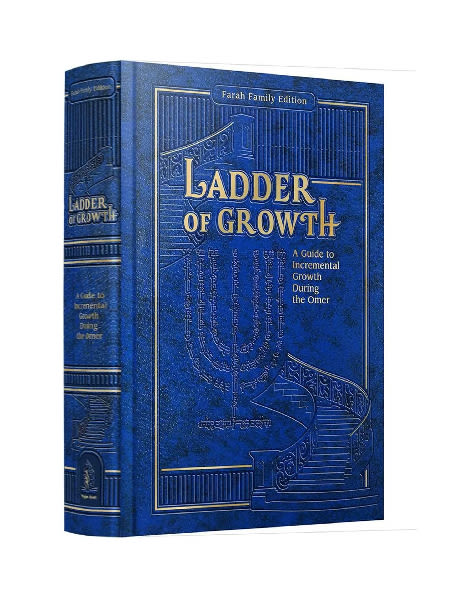
Tell us what you think!
Thank you for your comment!
It will be published after approval by the Editor.